Pasadena, California

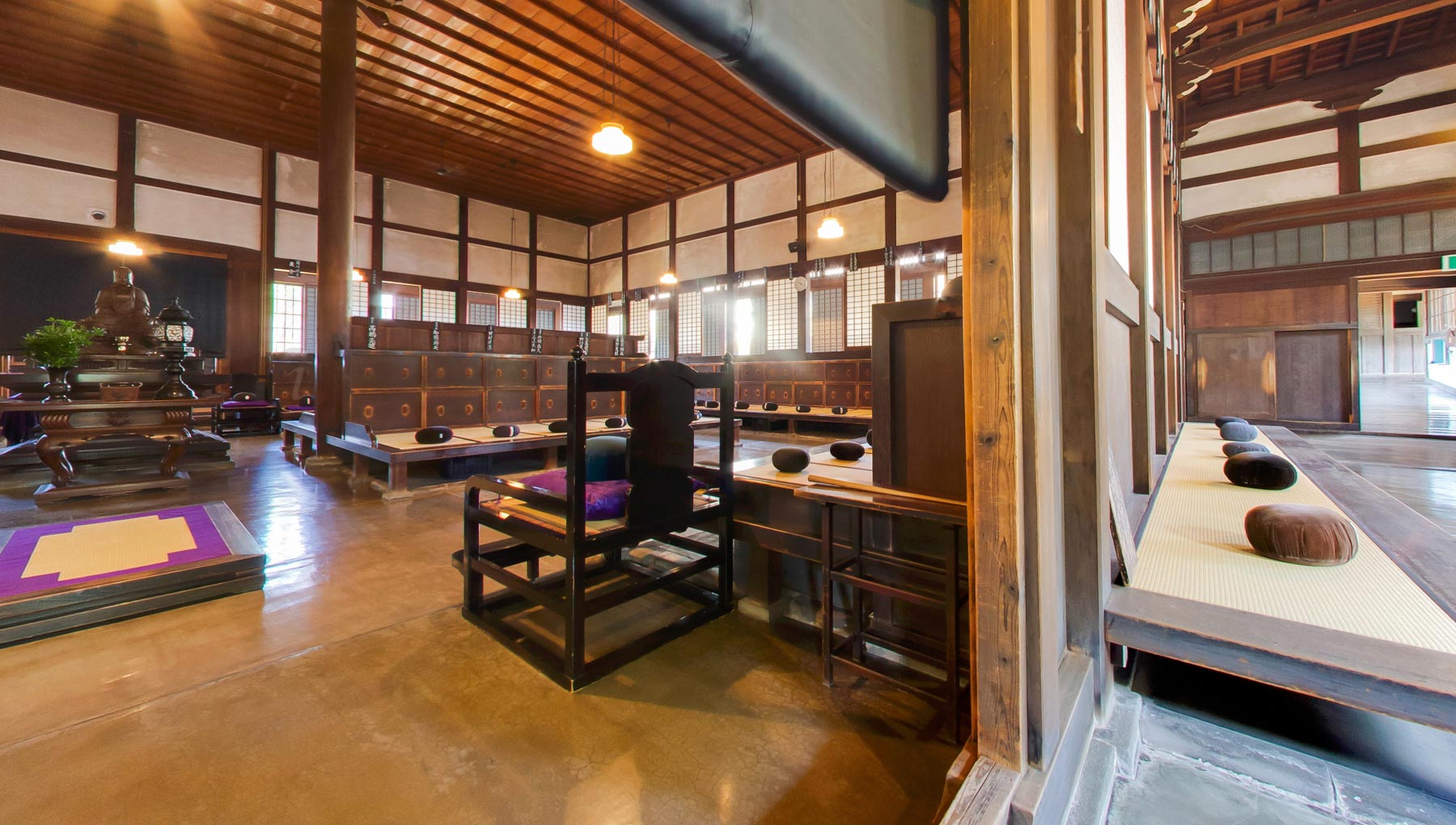
Affiliates
Still Center Europe (through
our affiliate Dharma Winds)
:
Still Center is proud to be related
to
the Order of Clear Mind Zen:
And home to Open Mind Zen West:
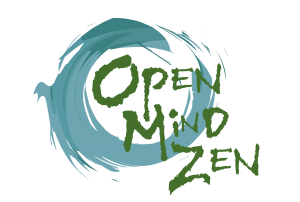
(Maezumi's lineage/White Plum)
Book Publishing
Welcome
![]() StillCenter is a Zen community (sangha) without walls, open to all members worldwide.
StillCenter is a Zen community (sangha) without walls, open to all members worldwide.
We teach "Everyday Zen for Everyone"
Our Four Pillars of Zen Practice: "Great Doubt," Great Faith," "Great Determination," and "Great Wonder."
Zazen Sit Saturdays 8:40am-9:10am, Talk and Discussion, 910am Pacific - Zoom link: https://us02web.zoom.us/j/516177070
 |
(NOTE: there is no password for our Zoom sessions, but you will need to email us at stillcenterzen@gmail.com first, and clearly indicate what screen name you will be using. If your name in the waiting room does not match what you emailed to us you will not be permitted to join the session. Attendance is limited to the first 100 people who log in. NOTE: If you do not email us before logging in to the Zoom session you will not be let in to the session unless you are a known regular attendee. If you are late to the Zazen session the go ahead and join quietly any time between 8:40am and 10:00am).
Still Center "Metta Verse"
May all beings be happy
May they be joyous and live in safety
May we gladden the hearts of those we meet
May we be swift to help and make haste to be kind.
(said at the end of our meetings)
What we practice
We practice a blend of traditional Zen meditation (Zazen) with dharma talks, discussion and one-on-one koan introspection. All are welcome: whether you are interested in taking a deeper dive into Zen, taking the precepts and being given a dharma name or even training to become a Soto Zen Priest or Soto Zen Teacher, or whether you are just interesed in sitting in and getting to know more about Zen and the benefits of Zen practice. We particularly welcome new members who share our community-spirit of blending helping ourselves with helping others. We are a training center for Soto Priests and Zen Teachers worldwide - contact us for further details if you are interested in formal Zen training.
(the kanji in red above reads "Still Center").
All welcome regardless of experience
All are welcome, beginners through to seasoned Zen practitioners. We’re in the Soto Zen Order in the Soto lineage of Soyu Matsuoka, Roshi as an engaged Zen Order of priests in succession to the Clear Mind Zen Order (founded by Daiho Hilbert, Roshi). We are also a Soto Order of Zen Teachers (Sensei) and a center for training Zen Teachers in koan introspection in the Soto Zen lineage of the White Plum Asanga founded by Maezumi Roshi.
We're different: a new kind of Soto Zen. Rooted in Eastern tradition but atuned to Western Culture
While we draw on the Japanese Soto tradition, and its predecessor practice of Chinese Chan, we have formulated a Zen practice and training programs specifically for a Western audience. Thus, while our priests are as rigorously trained as any Soto priests in more traditional Japanese settings, here we recognize that priests in the West are fully in the world not living apart from the world in monasteries. So, our priests are not required to shave their heads or adopt a lifestyle that is out of keeping with their everyday life and careers, work, etc. Similarly with our training of Zen Teachers who gain expertise in koan introspection and of giving dharma talks, once again our training programs fit your way of life, working with your routines by using technology like Zoom, rather than insisting on residential settings for training.
The same with our teachings and practices: you may find we are both more flexible and yet more intensive - not afraid to go deeper -- than other Zen groups. At the core, Zen practice is simply about becoming aware of who you truly are. The awakening to your true self, your true nature. And in this awareness, the discovery and full acceptance of both the relative (dualistic) and the absolute (non-dualistic) nature of everything. But whereas other Zen lineages may talk in terms of appreciation of "sunyata" or "emptiness" as a goal of sitting Zazen (seated meditation), here you will find we speak of awakening to your true self as being accompanied by a profound awareness that you are anything but "empty" -- your true self is compassion, is presence, is a deep powerful and resonant awareness of the bodhisattva ideal of helping others. That who you truly are is in a real sense "how may I help you." Yes, in following this Zen practice you may become more compassionate, or become more able to be a non-judgmental presence when with others, but in finding who you truly are you awaken to the simple fact your very nature is infinite compassion, your very nature is a universal presence. And that underpinning this awakening is a deep wisdom that in Zen we call "prajna" or to be more precise you are in your very essence "prajnaparamita" (the perfection of wisdom). Not something you 'gain,' not something you 'attain,' but simply your very nature. This way, then, is one of compassion, of finding out who you truly are, getting to know yourself and to know others so that you may better help others. It is a way of compassionate warmth, vitality and joy, not a way of clinical, unengaged, dispassionate quietude. Wish to know more? Please reach out to find out more about our weekly meetings and the availability of our one-on-one sessions with our teachers (see below).
Dokusan/Mentoring
One on one sessions are also available with Roshi Ryuko and other Zen Teachers, both online in Zoom and in person. These sessions primarily involve koan work for most students, but will also include mentoring through discussion of each student's particular path. The online dokusan sessions may either happen in a breakout room during our weekly Zazen time together, or at pre-arranged other times throughout the week, either in-person or on Zoom. We have students from all over the world, and invite interest from potential students wherever you are worldwide.
Why do we have a photograph of Soji-ji Temple on our home page?
Our Soto Zen Order is in the lineage of Soyu Matsuoka, Roshi, who studied at Soji-ji Temple in Japan, which is one of the two head temples of Soto-Shu (the main Japanese Soto organization). Soji-ji is famous for being run by Keizan Zenji (1268-1325), regarded as the co-founder of Soto Zen along with Dogen. We treasure the teachings of Matsuoka, Keizen and Dogen as foundational to our Zen Order.
The name of our temple in Pasadena, California, is "Moro'oka'ji" which is the original name of Soji-ji and is named in honor of Keizan Zenji.
The other main temple in the Soto tradition is Eihei-ji, founded by Dogen Zenji (1200-1253), the original founder of Japanese Soto Zen, which has its origins in Chinese Caodong 'Chan' (which becomes 'Zen' when pronounced in Japanese). Caodong was founded by Dongshan Loangjie and Caoshan Benji. Dongshan Loangjie is known as Tozan Ryokai in Japan, and Caoshan Benji is known as Sozan Honjaku. So just as Caodong derives from the names of the original Chinese founders of the Chan School, so Soto is the combination of the Japanese names for the Chinese founders.
SCZO is not, however, associated with SotoShu in Japan: it was the specific intention of Matsuoka Roshi in forming his version of Zen in the 1960s that it be a Zen custom tailored for Western practicioners independent of the Japanese Soto organization.
Why is SCZO not associated with the Japanese SotoShu?
First and foremost, because our lineage founder Soyu Matsuoka Roshi established his version of Zen as a truly Western Zen, and he chose not to have any of his priests registered with SotoShu in Japan for this reason. We are following his tradition. But secondly, we do not require our priests to shave their heads which immediately makes our priests ineligible to be registered with SotoShu. This is something we hold strongly, that here in the West it should not be required that Soto Priests have their head shaved since our system here in the West is largely not a monastic one, but one in which our priests live and work in the world just like anyone else, not desiring to stand out from others by their appearance. This is also also why our priests do not wear their priest vestments in everyday life, they wear their Zen clothing at the Zen Center or when performing a liturgy or, say, a marriage ceremony.
Change of our temple name
The perceptive among you may have noticed the change of our temple name to Mu'shin-ji ((No Mind/Clear Mind Temple). Our original choice was the prior name of Sojiji, one of the two main Soto temples in Japan and the temple our lineage founder (Matsuoka Roshi) was trained at. But on reflection, that name was for the original Shingon temple, not a name given by someone in the Soto tradition. The new name, Mu'shin-ji, is fitting since not only is mushin (no mind/clear mind) a central tenent of Zen and of martial arts (in which many Still Center members participate) but it also reflects our roots in The Order of Clear Mind Zen, founded by Daiho Hilbert Roshi.
Books
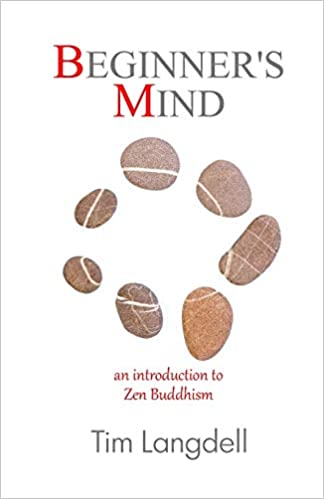
COMING SOON:
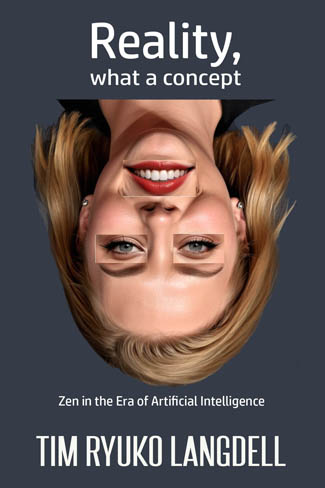
"Reality, what a concept: Zen in the
Era of Artificial Intelligence"
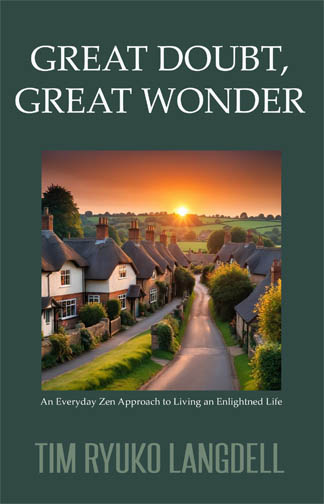
"Great Doubt, Great Wonder: An Everyday
Zen Approach to Living an Awakened Life"
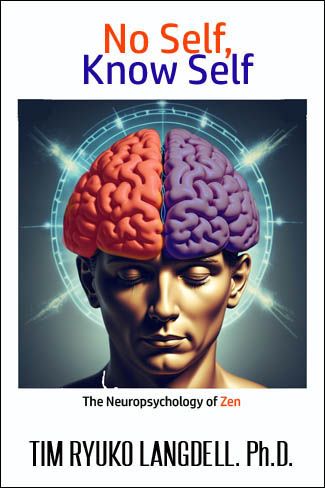
"No Self, Know Self: The Neuropsychology of Zen"
Take a look at Roshi Ryuko's
various books on Zen
(c) 2024 Still Center Zen Order (a California Non-Profit Religious Organization)
Updated: 10/17/2024


